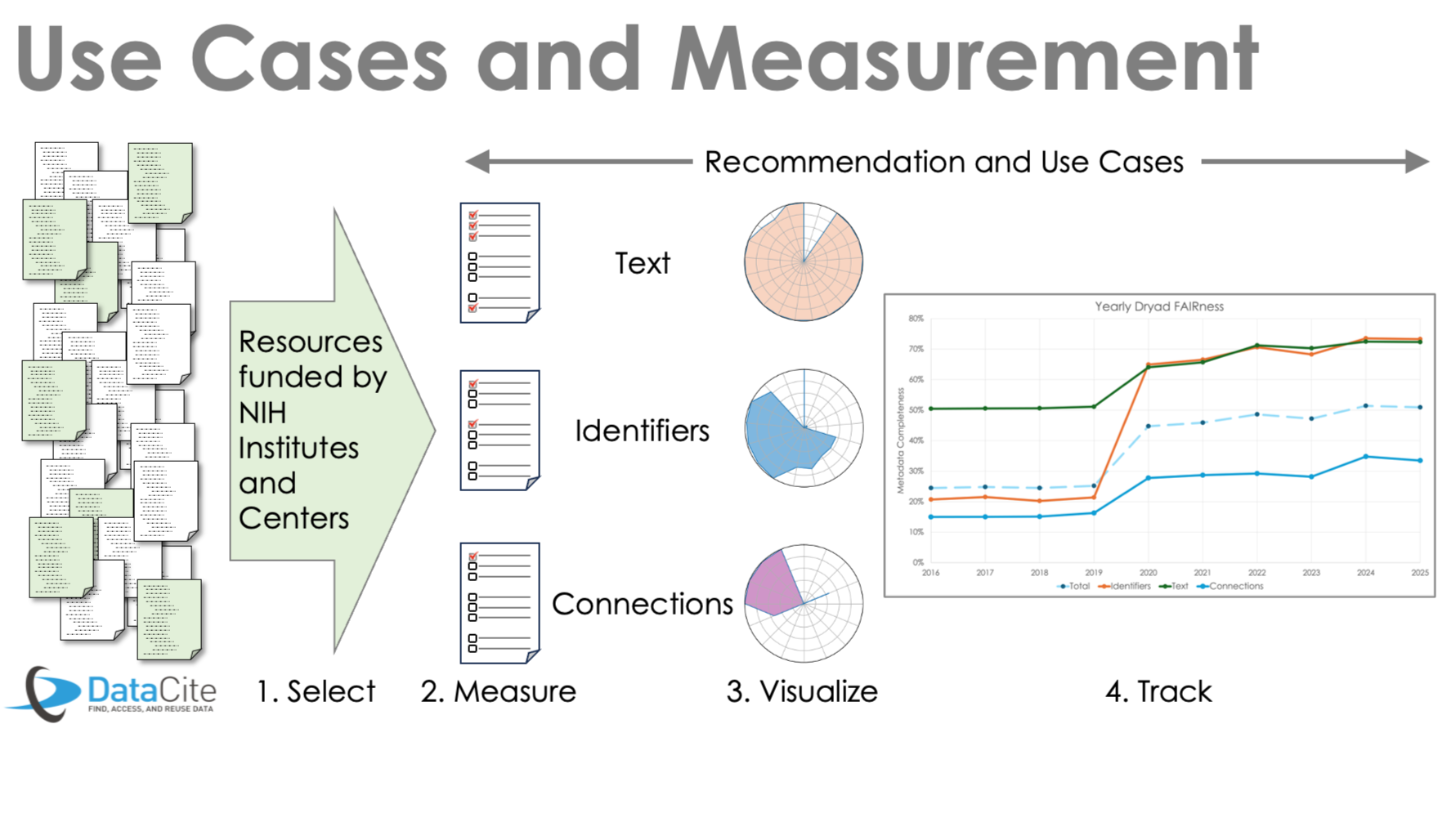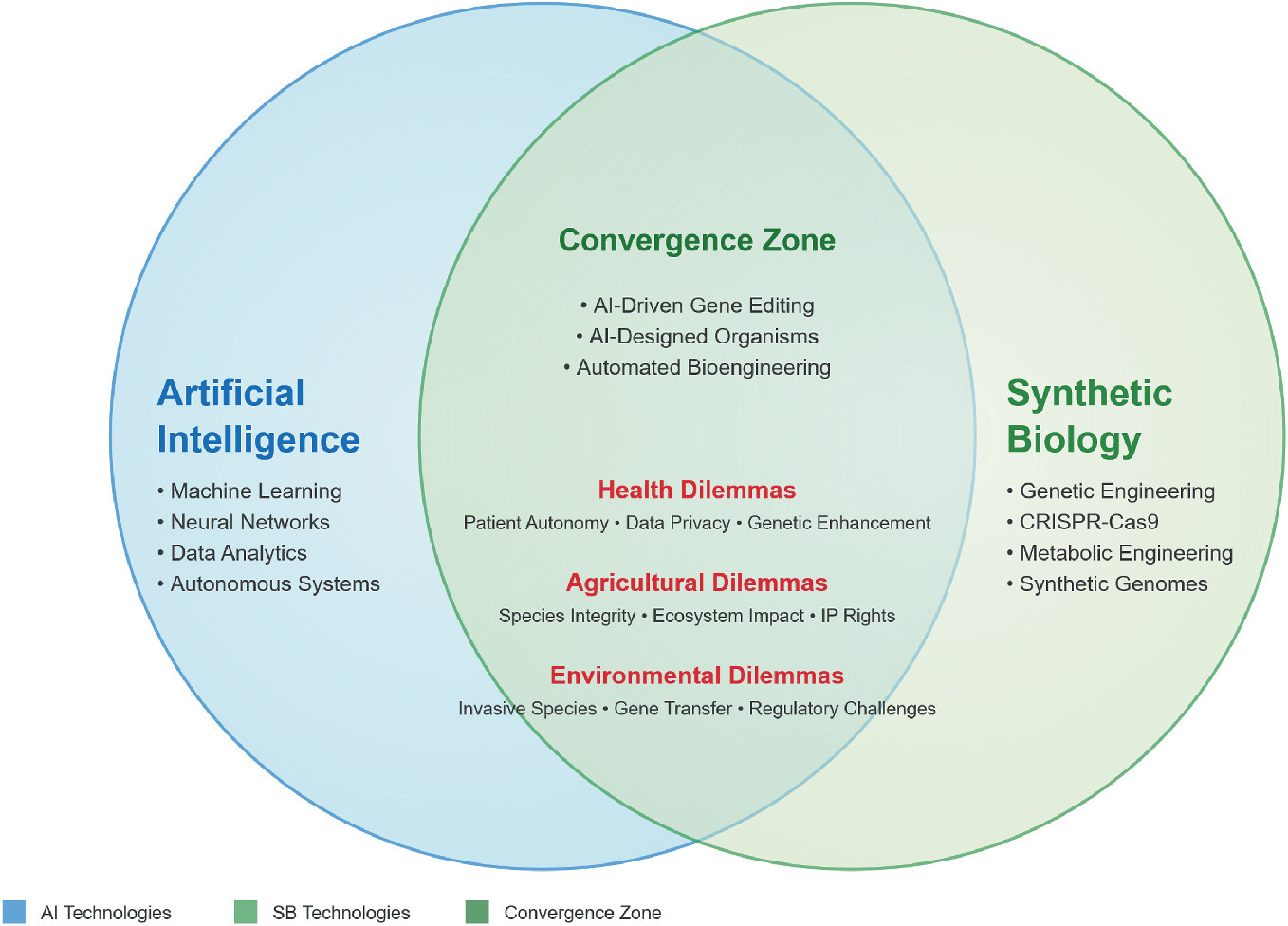
read this article in English Im Januar 2026 startet das neue Konsortium „PKP Open Journal Systems Deutschland 2026–2028“. 14 Einrichtungen aus Deutschland haben gemeinsam ihre Unterstützung für das Public Knowledge Project (PKP) erklärt und sich für die nächsten drei Jahre zu Mitgliedsbeiträgen verpflichtet. Auf diese Weise tragen sie zur nachhaltigen und gemeinsamen Finanzierung relevanter Open-Access-Infrastruktur bei.







